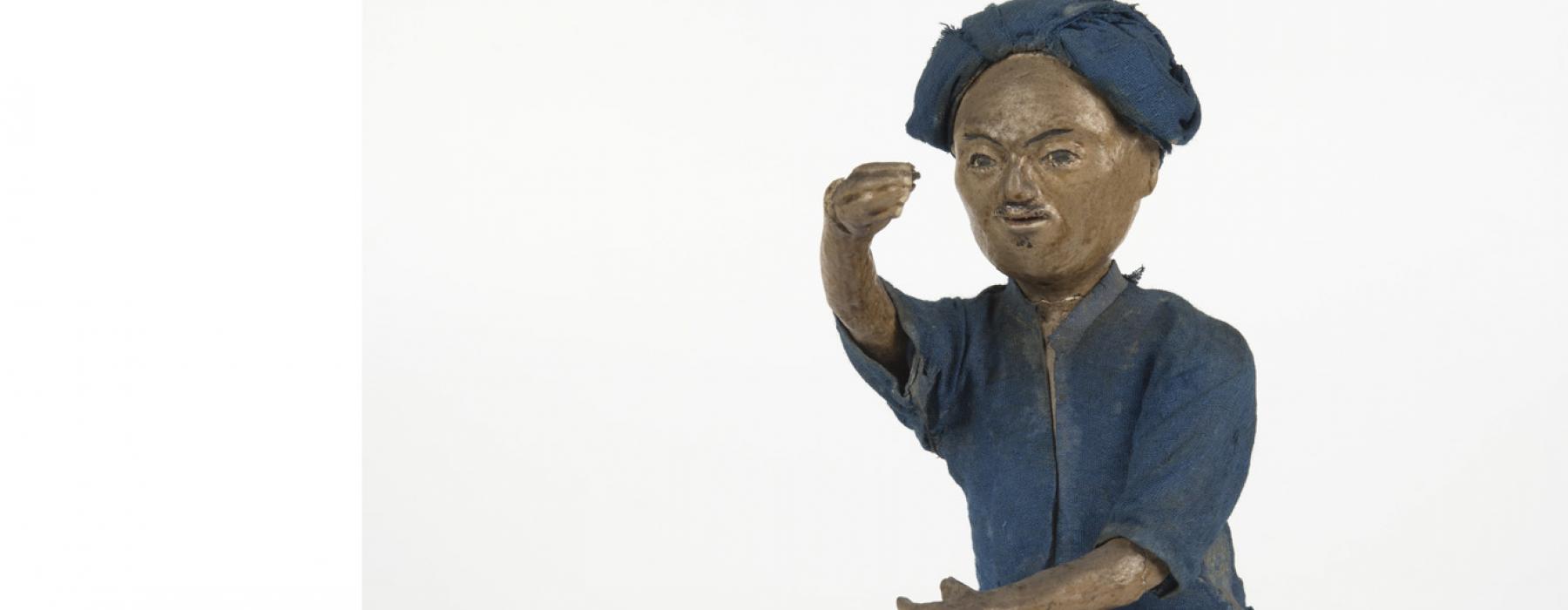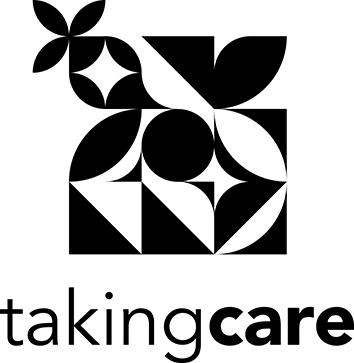
Taking Care - Ethnographic and World Cultures Museums as Spaces of Care, involves a set of speculative inquiries into the ways in which ethnographic and world cultures museums, their histories and their collections, can be refashioned to address the growing precarity of our planet and the plurality of our human and non-human world. The project starts from the acknowledgement that a complicit relationship exists between these kinds of museums and Europe’s colonial project. We are interested in “mining the museum”, connecting the objects within these collections to longer histories of resource extraction, of species extinction, of human and cultural degradation. At the same time, it takes these collections as possible sites for reimagining other more caring relationships, more careful futures. Central to these speculations is to ask how to do this without re-inscribing earlier exploitative orders and imperial rights.

